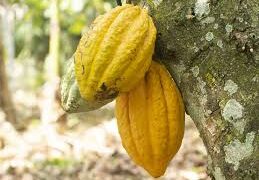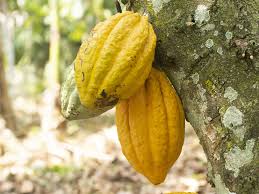Ghana’s cocoa export volumes fell sharply by 50 percent in 2024, even as the country recorded a 37.5 percent increase in earnings from the commodity, according to the latest Auditor-General’s report on the Bank of Ghana’s foreign exchange receipts and payments for the year ending December 31, 2024.
The report indicates that cocoa export receipts jumped from US$1.26 billion in 2023 to US$1.73 billion in 2024, largely driven by a surge in global prices and improved earnings from value-added cocoa products.
However, the report also highlights serious concerns. It shows that inflows from syndicated cocoa loans—a key funding source for the cocoa sector—plunged by 92 percent, from US$681 million to just US$50 million in 2024.
Notably, the US$50 million did not originate from Ghana’s traditional pre-export syndicated loan facility. Instead, it came from non-collateralized sources, used primarily to service existing debts owed by COCOBOD.
Despite these funding setbacks, actual cocoa export receipts exceeded the Bank of Ghana’s projection of US$1 billion by more than US$734 million.
Cocoa contributed 14.47 percent of Ghana’s total foreign exchange earnings, which stood at US$11.99 billion for 2024.
Sector analysts caution that the drop in export volumes poses a risk to long-term sustainability. They warn that if global prices decline and production levels remain low, Ghana could face serious challenges in maintaining its earnings from cocoa.
The steep fall in syndicated loan inflows, they argue, signals tightening global financing conditions and highlights the urgent need for renewed investment in cocoa production and increased support for farmers.




















